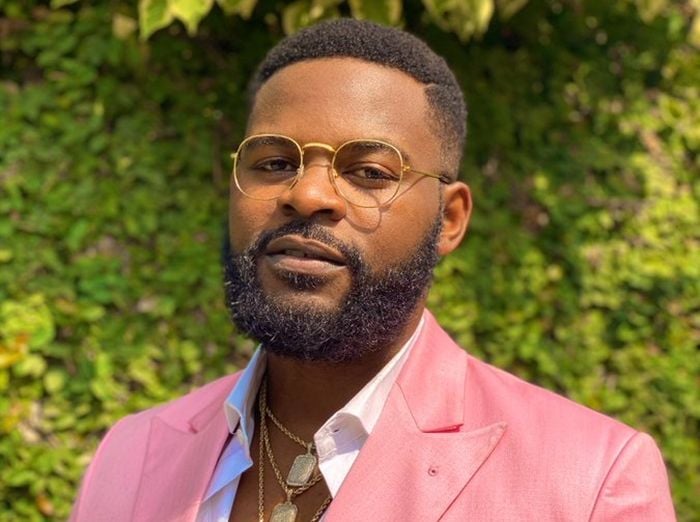Folarin Falana, popularly known as Falz, a prominent Nigerian rapper, actor, and activist, has voiced profound concerns about the prospect of raising children in his homeland. His anxieties stem from a confluence of factors, primarily the pervasive insecurity plaguing the nation, the volatile economic landscape, and the personal threats he faces as a consequence of his outspoken activism. These concerns, expressed during an appearance on the Dear Ife Series Podcast, highlight the complex and challenging realities faced by many Nigerians, particularly those who dare to challenge the status quo. While Falz remains deeply patriotic and hopeful for a better future for Nigeria, the current socio-political climate has cast a shadow of doubt over his desire to raise a family within its borders.
Falz’s hesitation reflects a broader sentiment among a growing segment of the Nigerian population grappling with similar dilemmas. The escalating insecurity, characterized by kidnappings, banditry, and communal violence, has created an atmosphere of fear and uncertainty. The fragile economic situation, marked by high inflation and unemployment, further exacerbates these anxieties, making it increasingly difficult for families to provide a stable and secure environment for their children. For Falz, the added layer of personal threats arising from his vocal criticism of government policies and social injustices magnifies these concerns, underscoring the precarious position of activists and critical voices in Nigeria.
His response to the question about raising children in Nigeria was not a simple yes or no, but a nuanced reflection of his internal struggle. He admitted to not having fully contemplated the prospect, caught off guard by the directness of the inquiry. His initial reaction, “Ah! That’s a deep question. I didn’t expect to hear this question. I haven’t really thought that far, let me not lie,” reveals the weight of the issue and the complex considerations it entails. His subsequent statements underscore the depth of his patriotism and belief in Nigeria’s potential, even as he acknowledges the daunting challenges that currently impede its realization.
Falz’s candid expression of his concerns provides a glimpse into the difficult choices faced by many Nigerians. The desire to raise families in their homeland is often tempered by the stark realities of insecurity, economic hardship, and political instability. This internal conflict is captured in Falz’s statement, “It’s something I cannot outrightly say ‘yes’ to. And it’s so sad. But I can’t also outrightly say ‘no’ because I’m pro-Nigerian and I really believe that we can actually get it right.” This sentiment resonates with many who share his love for Nigeria but are simultaneously burdened by the anxieties of raising children in a nation grappling with multifaceted challenges.
The apprehension expressed by Falz highlights the urgent need for comprehensive reforms and decisive action to address the root causes of insecurity, economic instability, and the suppression of dissenting voices. Creating a safe and prosperous environment for future generations is crucial for the nation’s progress and stability. The concerns of individuals like Falz should serve as a wake-up call for policymakers and stakeholders to prioritize the creation of a more secure and equitable society where all citizens, including activists and critical voices, can thrive without fear.
Ultimately, Falz’s dilemma underscores the inherent tension between patriotism and pragmatism in contemporary Nigeria. His desire to contribute to the betterment of his nation is juxtaposed with the practical considerations of ensuring the safety and well-being of his future family. This tension is a reflection of the broader challenges facing Nigeria as it strives to create a more just and equitable society amidst a turbulent and uncertain landscape. His words serve not as a condemnation of his homeland, but as a poignant plea for positive change, reflecting the hopes and anxieties of a generation yearning for a better future for themselves and their children.














